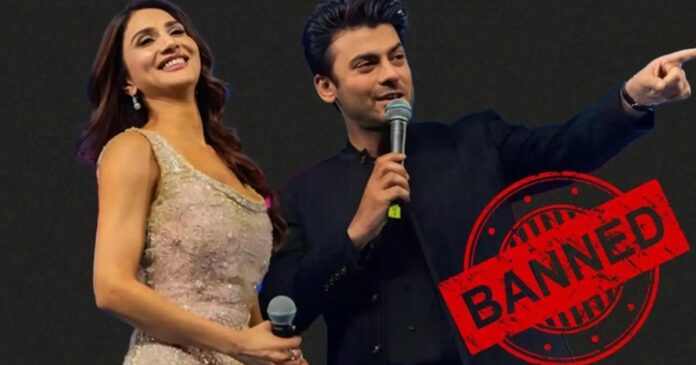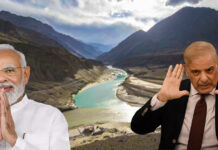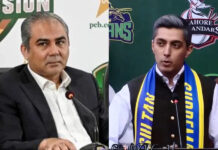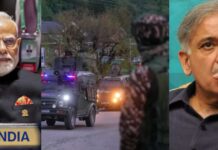
Politics and popular culture usually conflict, and Pakistan’s cinema industry commonly feels the tension. Such boycott calls, real or spurious, recently, point to a chronic concern for artists to tread on touchy subjects. Boycott Calls for Hania Aamir’s Sardar Ji 3.
Why Boycotts Break Out
The social media world tends to amplify campaigns to boycott. Campaigns may begin for myriad reasons. Sometimes individuals aim at actors due to political opinions, personal conduct, or endorsement contracts. At other times, the narrative of the film may address sensitive history, religion, or foreign relations, infuriating some groups. We witness nationalist sentiments at times, resulting in opposition to films perceived as unpatriotic. Such can also occur to films based on artists who have worked across the border. Recently, after the Pahalgam Attack, popular artists like Hania Aamir and Fawad Khan have been put under intense scrutiny. Any perceived error can be controversial.
Read More: Hania Amir’s Post About Marriage Gets Everyone Talking
The Impact on Creativity
These boycott appeals express the populace’s right to be heard. But in my opinion, they tend to create a bad environment for creative work. Movie-making is risky enough. Putting the potential for politically motivated boycotts into the mix can deter producers from pursuing challenging or significant topics. Boycotts can unfairly hurt artists and crews who put years into a movie. These damages may be due to problems that have nothing to do with the quality of the movie. Audiences need to decide what they see. But organised boycotts for flimsy reasons or political manoeuvres appear to be damaging. They can threaten to restrict dialogue and artistic freedom. This ends up damaging the potential of the film industry.
Striking a Challenging Balance
It is difficult to strike a balance. Artists exist in the public eye but also require individual freedom. Audiences have genuine concerns, but social media criticism can inflict unnecessary harm. Gossip surrounding projects such as “Abir Gulal” or follow-ups such as “Sardar Ji 3” is a reminder of this dilemma. In times like these, movies tend to turn into arenas of political and cultural discussion. This may overshadow art in the log run.

The truth is, art, no matter where it is from, requires excellent care. Now, whether to shelve films over politics is a correct decision or not, that’s subjective. But one thing is for sure—art should never be the first casualty of conflict. It deserves a space to speak, to heal, and to connect us beyond borders.
Stay tuned to Brandsynario for latest news and updates





































